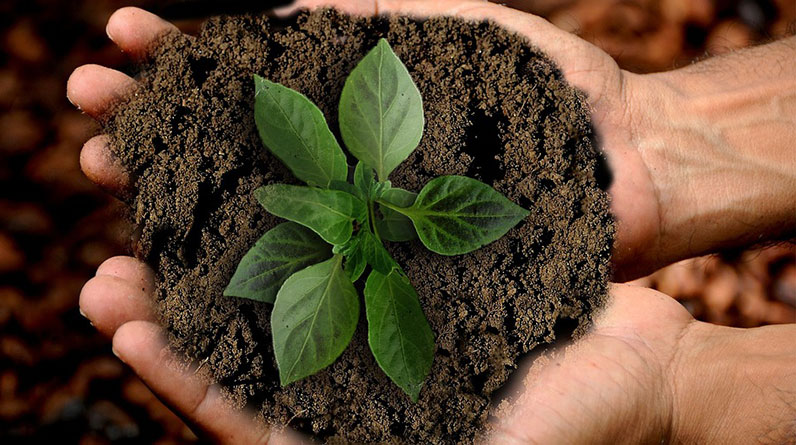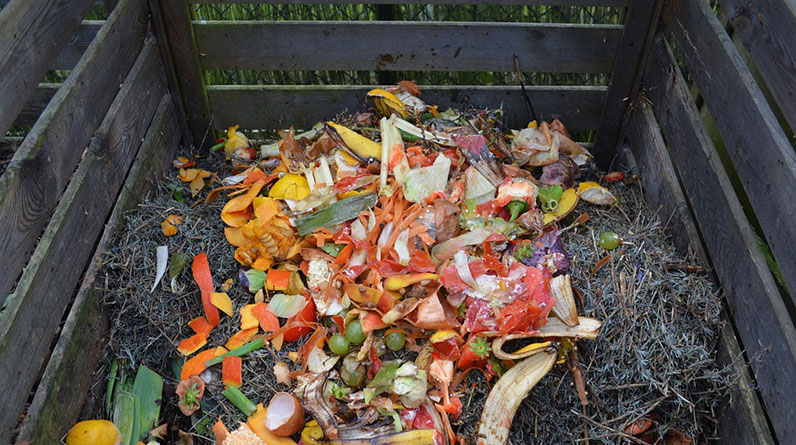
The Best Organic Fertilizers
Organic fertilizers are a great choice for gardeners looking to nourish their plants and soil in a natural and sustainable way. These fertilizers are derived from plant and animal materials, as opposed to synthetic chemicals, and can help to build healthy soil structure, improve water retention, and provide essential nutrients to plants.
One of the best organic fertilizers is compost. Compost is made from decomposed organic matter, such as plant clippings, food scraps, and animal manure, and is an excellent source of nutrients for plants. It can help to improve soil structure, increase water retention, and provide a range of essential nutrients, including nitrogen, phosphorus, and potassium. Compost is also a great way to reduce waste and promote sustainability.
Other popular organic fertilizers include bone meal, which is a good source of phosphorus, and blood meal, which is high in nitrogen. Rock phosphates and rock powders are also excellent sources of slow-release nutrients and can help to improve soil structure and water retention.
By choosing organic fertilizers, you can nourish your plants and soil in a natural and sustainable way, and help to promote the health of your garden.
Compost
Compost is perhaps the most well-known and widely used organic fertilizer. It is made by breaking down organic matter, such as yard waste, food scraps, and manure, into a rich, soil-like substance.
Compost is an excellent source of nutrients for plants, including nitrogen, phosphorus, and potassium, as well as a variety of micronutrients. It also helps to improve soil structure and water retention, making it a great choice for gardens of all types.
Manure
Manure is another popular organic fertilizer that is high in nutrients and can help to improve soil structure. It is made from the waste products of animals, such as cows, horses, and chickens, and is typically aged or composted before use in the garden.
Manure is an excellent source of nitrogen, phosphorus, and potassium, as well as a variety of micronutrients. However, it is important to use well-aged or composted manure, as fresh manure can contain harmful bacteria and burn plants if applied directly to the garden.
Blood Meal
Blood meal is a high-nitrogen organic fertilizer that is made from dried, ground-up blood. It is an excellent source of nitrogen for plants, as well as a number of micronutrients. Blood meal is often used to boost the growth of leafy green vegetables, such as kale and spinach, and can also be used to deter pests, such as deer and rabbits. However, it should be used with caution, as it can be toxic to pets if ingested.
One of the main benefits of using blood meal as a fertilizer is that it can provide a quick boost of nitrogen to plants, which is an essential nutrient for healthy growth. Nitrogen helps to promote leafy green growth and can be particularly beneficial for plants that are experiencing nitrogen deficiency. However, it is important to use blood meal in moderation, as excessive amounts of nitrogen can be harmful to plants.
When using blood meal as a fertilizer, it is important to follow the manufacturer’s instructions and apply it according to the specific needs of your plants. It is generally applied at the base of the plant and mixed into the soil, and can be used in combination with other fertilizers for a well-rounded nutrient profile. Overall, blood meal is a valuable addition to any organic garden, and can help to promote healthy and productive plants.
Bone Meal
Bone meal is an organic fertilizer made from ground-up bones that is high in phosphorus and calcium. It is often used to promote healthy root growth and flower development in plants. Bone meal is an excellent choice for bulbs, roses, and other flowering plants, and can also be used to improve the structure of sandy soils.
One of the benefits of using bone meal as a fertilizer is that it is slow-release, which means that it provides nutrients to plants over an extended period of time. This can help to reduce the risk of over-fertilizing, which can be harmful to plants. Additionally, bone meal is a natural and organic source of nutrients, making it a sustainable choice for gardeners looking to nourish their plants in an environmentally-friendly way.
When using bone meal as a fertilizer, it is important to follow the manufacturer’s instructions and apply it according to the specific needs of your plants. It is generally applied at the base of the plant and mixed into the soil, and can be used in combination with other fertilizers for a well-rounded nutrient profile. Overall, bone meal is a valuable addition to any organic garden, and can help to promote healthy and productive plants.
Rock Phosphate
Rock phosphate is a natural, mined rock that is ground into a fine powder and used as an organic fertilizer. It is high in phosphorus and is an excellent choice for promoting healthy root growth and flower development in plants.
Rock phosphate is also a good source of calcium and a number of micronutrients. It is slow-release, meaning that it breaks down gradually over time, providing a long-lasting source of nutrients for plants.
Conclusion
Organic fertilizers are a great choice for gardeners looking to nourish their plants and soil in a natural and sustainable way.
Some of the best organic fertilizers include compost, manure, blood meal, bone meal, and rock phosphate. Each of these fertilizers has its own unique set of benefits and can be used to promote healthy plant growth and improve soil structure.
By using organic fertilizers, gardeners can help to create a healthy and productive garden that is sustainable and chemical-free.

